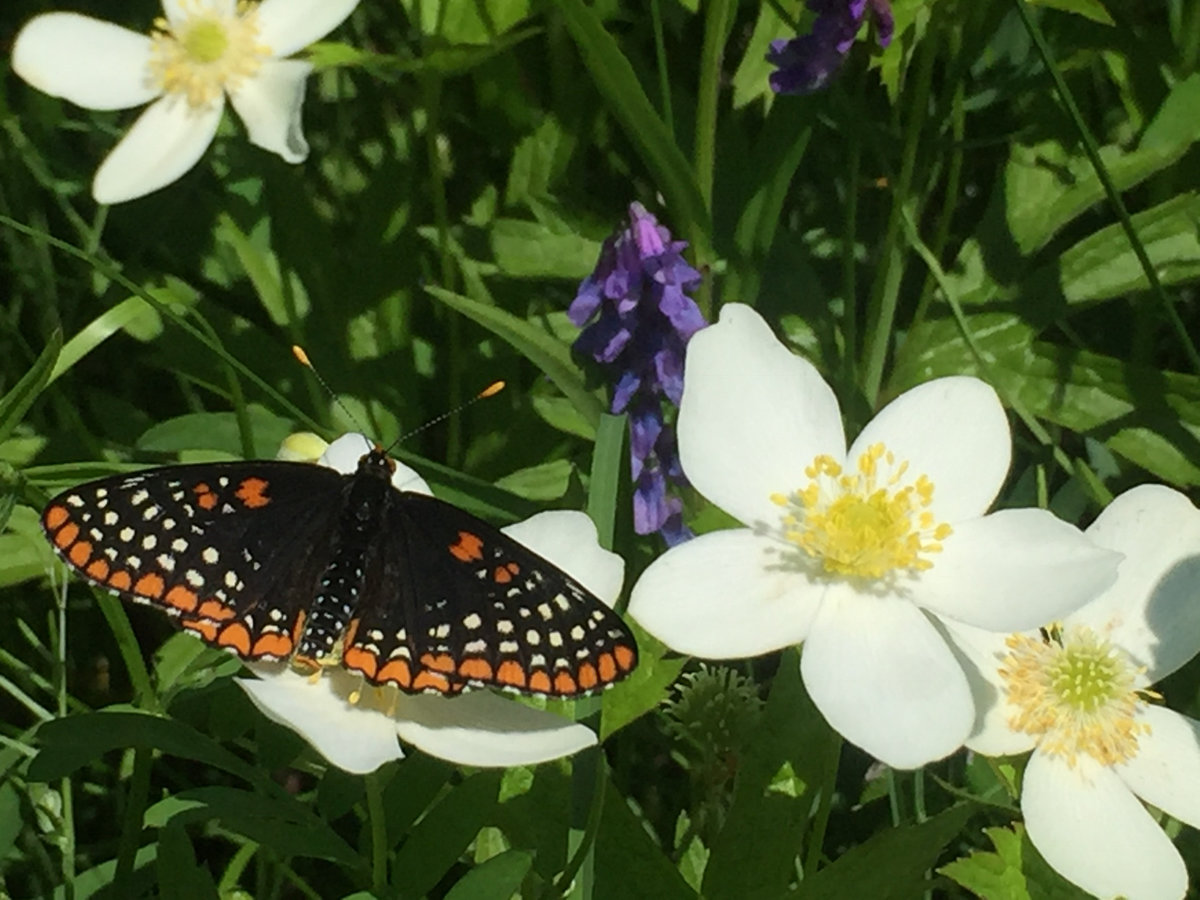
We collect basic website visitor information on this website and store it in cookies. We also utilize Google Analytics to track page view information to assist us in improving our website.
Written by: Bianca Marcellino
Pollinators are organisms that feed on flowering plants and in return, help plants to reproduce by spreading pollen from flower to flower and aiding in plant fertilization; this interaction is arguably the most important mutualism relationships on Earth. Pollinators include bees, butterflies, some beetles, birds and bats. Pollinators help to sustain ecosystems and produce natural resources such as many forms of produce for human and animal consumption. The protection of the world’s pollinators and all the ecosystems they service is of global importance, as pollinators are responsible for pollinating more than 180,000 plant species and 1200 crops, which can be broken down to 1 in every 3 bites of food you take relying on pollinators. Quantitatively, they contribute over 217 billion dollars to the global economy, in addition to providing the world with non-monetary ecosystem services as described above.
Unfortunately, pollinators, particularity bees, have been on an alarming decline in recent years. Currently, there is thought to be no single cause for their decline, but a synergism of effects that each contribute including habitat loss, pesticide use, pathogens and intensive farming practices such as mono-cropping limiting pollinators’ food source diversity.
Although it seems like these issues will require large-scale, commercial 
Late summer to early fall blooming plants are important to pollinators so they can store enough food for themselves to successfully overwinter. Some native later-blooming garden flowers include:
(Rudbeckia hirta)
(Solidago altissima)
(Solidago flexicaulis)
(Coreopsis lanceolata)
(Ratibida pinnata)
(Helianthus divaricatus)
Not only do flowers help pollinators to survive, but they make wonderful additions to any garden!
Additional Reading
Pollinator Partnership - 7 Things You Can Do for Pollinators
Seeds of Diversity - Protecting Pollinators
Join our email list to receive occasional updates about Network of Nature and ensure you get the news that matters most, right in your inbox.